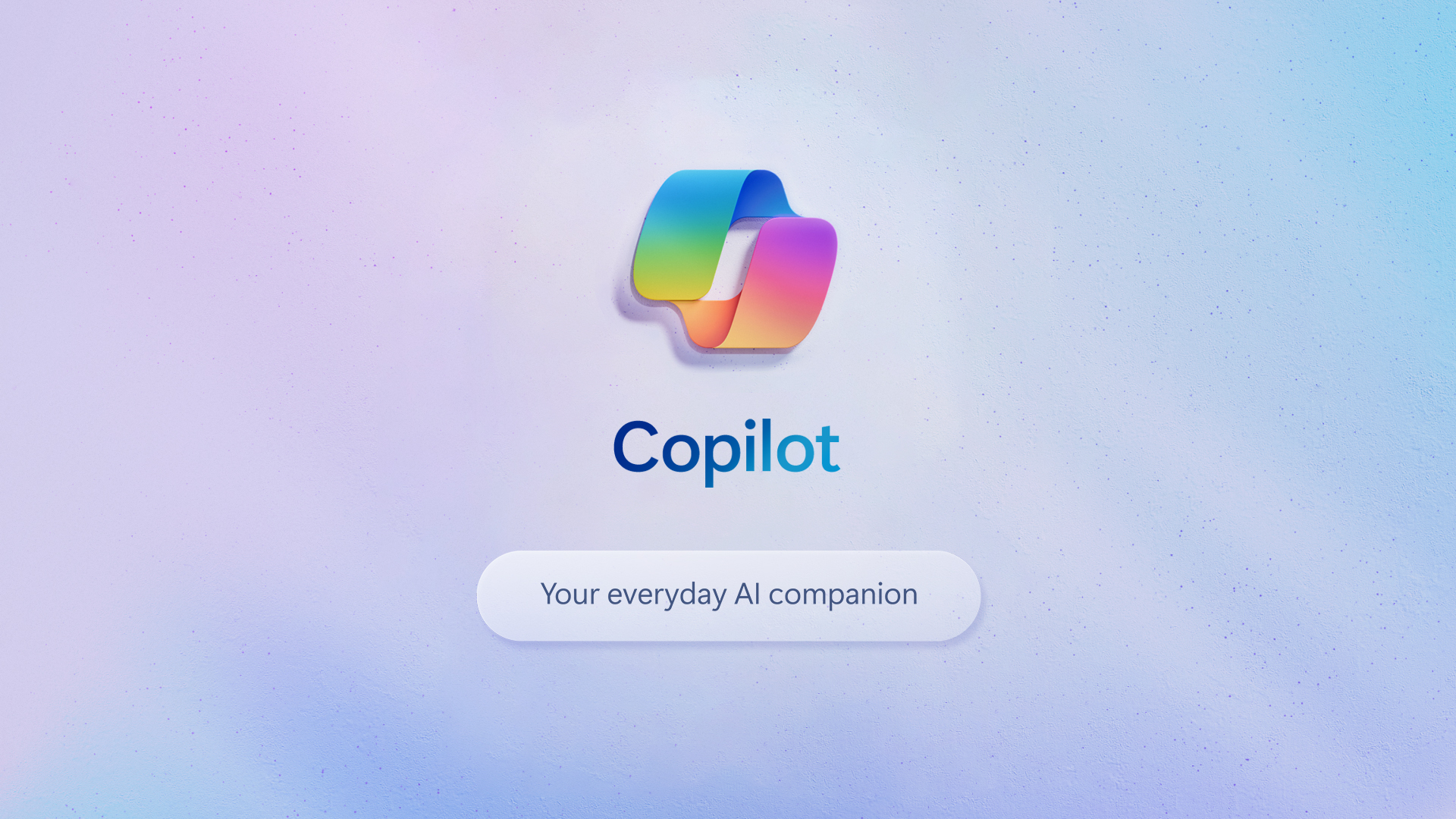A Microsoft server is a series of operating systems (OS) that allow users to share multiple services. It also allows for comprehensive administrative control of network applications, data storage, and other areas of an organisation.
The aim of a server is to deliver security, reliability, and fast operating times to large and small organisations. However, technology moves fast and it’s important to identify end-of-life options for your Microsoft server.
Identify options for your end-of-life Microsoft Server
When your Microsoft server comes to the end of its life, this means no new patches, security updates, or support provided by Microsoft.
A product reaching its Extended Support End Date can increase cybersecurity risks, cause problems with compliance, and affect staff productivity levels. These risks only escalate over time, so it’s essential to plan for the end-of-life of your Microsoft server.
It’s crucial that when transitioning away from an old Microsoft server you modernise your workplace operations.
To upgrade the features servers offer, transitioning to cloud computing is a smart step to take. Serverless computing is possible by utilising the cloud and the features of cloud computing offer many benefits.







